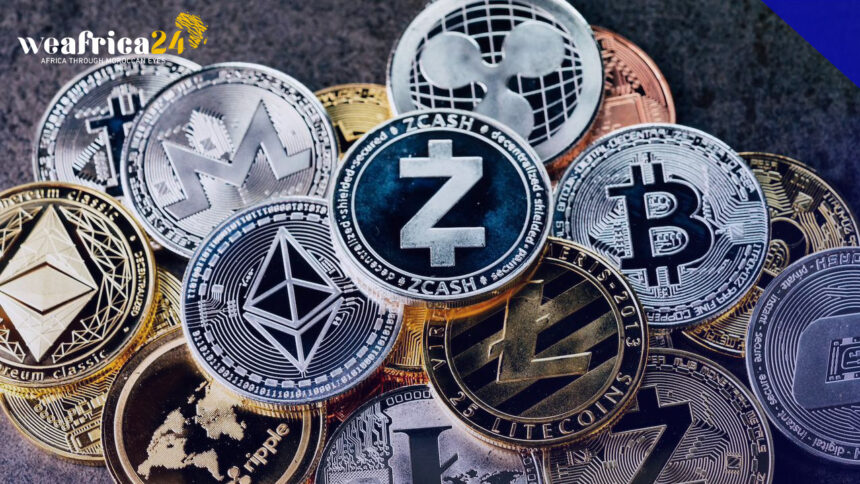Nigeria is a country in West Africa with a population of over 200 million people. It is one of the fastest-growing economies in Africa and has a vibrant and innovative tech industry. In recent years, the country has seen a surge in interest in digital currencies, and there have been significant developments in the adoption and regulation of cryptocurrency in Nigeria.
Digital currency, also known as cryptocurrency, is a type of virtual currency that uses encryption techniques to regulate the generation of units of currency and verify the transfer of funds.
Nigeria has a significant youth population, and many of them are tech-savvy and interested in digital innovation. This interest has contributed to the growth of the cryptocurrency market in Nigeria. Nigeria is the second-largest Bitcoin market in the world, after the United States.
One of the main advantages of digital currency is its speed and convenience in making payments. Nigerians are increasingly using digital currencies for online transactions, cross-border payments, and remittances. Many Nigerians working overseas use digital currencies to send money back home, as it is faster and cheaper than traditional banking methods.
However, the development of digital currency in Nigeria has not been without challenges. One of the main issues is the lack of regulation. The Central Bank of Nigeria has been hesitant to embrace digital currencies, and there are currently no clear regulations governing the use and trading of cryptocurrencies in the country. This has led to concerns about fraud and illegal activities associated with digital currencies.
Many Nigerians do not have access to reliable internet connections or smartphones, which are necessary for using digital currencies. Users in Nigeria find it difficult to buy and sell digital currencies due to the limited exchanges and trading platforms available.
Nigeria’s Digital Currency Promotes Financial Inclusion and Efficiency in Payments
Despite these challenges, there have been significant developments in the adoption and regulation of digital currencies in Nigeria. In February 2021, the Central Bank of Nigeria issued a circular prohibiting banks and financial institutions from facilitating transactions in cryptocurrency. However, in September of the same year, the government announced plans to launch its digital currency, the eNaira, to promote financial inclusion and increase efficiency in payments.
The eNaira is expected to be launched in 2021, and it will be backed by the Nigerian government. It will provide a secure and efficient means of payment, reducing the dependence on cash transactions and increasing financial inclusion for Nigerians who are unbanked or underbanked. The eNaira will reduce the risks associated with digital currencies by providing a regulated and transparent platform for transactions.
the development of digital currency in Nigeria has seen significant progress in recent years, driven by the country’s tech-savvy youth population and growing interest in digital innovation. The adoption and regulation of digital currencies in Nigeria have been challenging, but the government’s announcement of the eNaira represents a significant step towards promoting financial inclusion and improving the efficiency of payments in Nigeria. With the right infrastructure and regulatory framework in place, digital currency could play a significant role in driving Nigeria’s economic growth and development.







